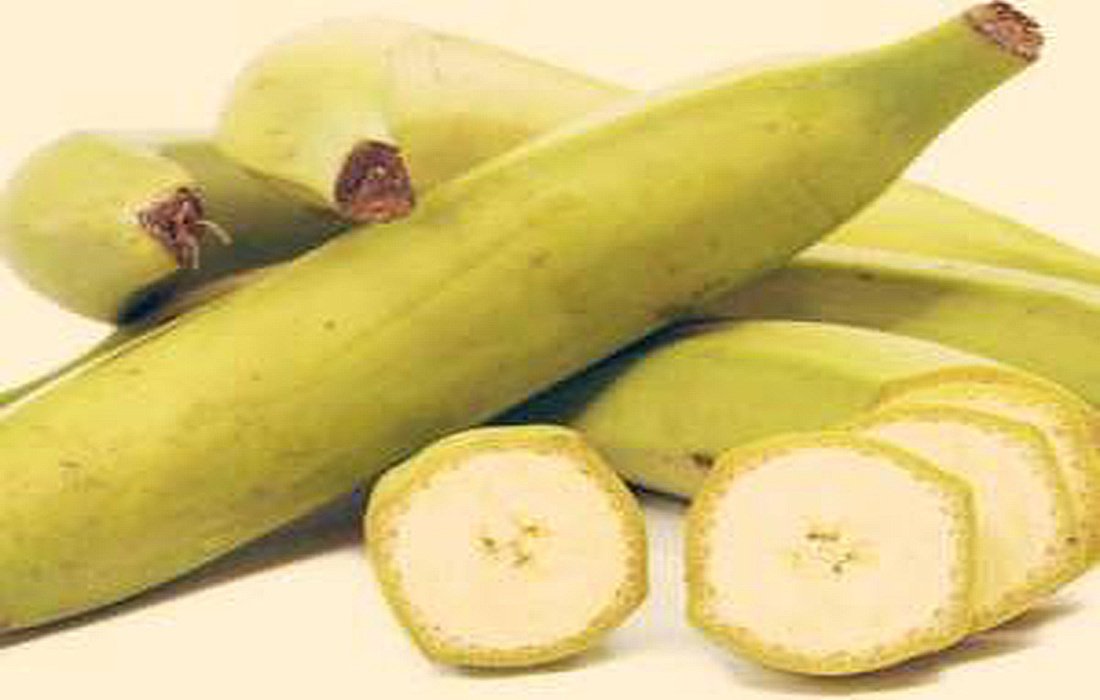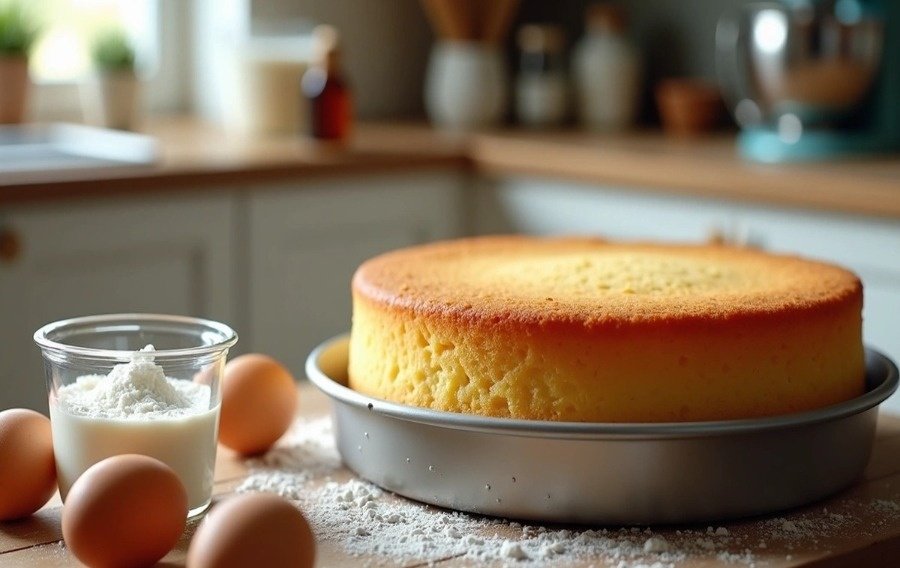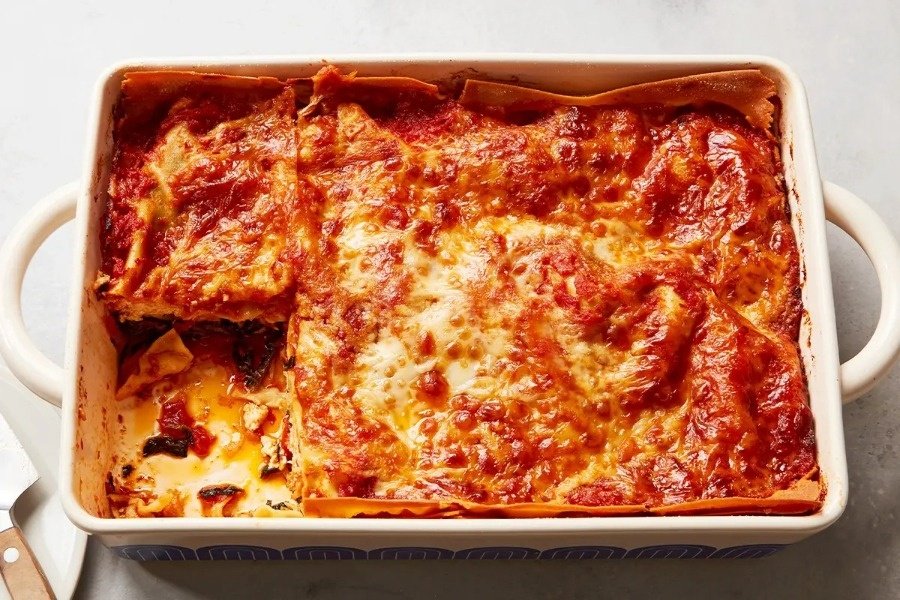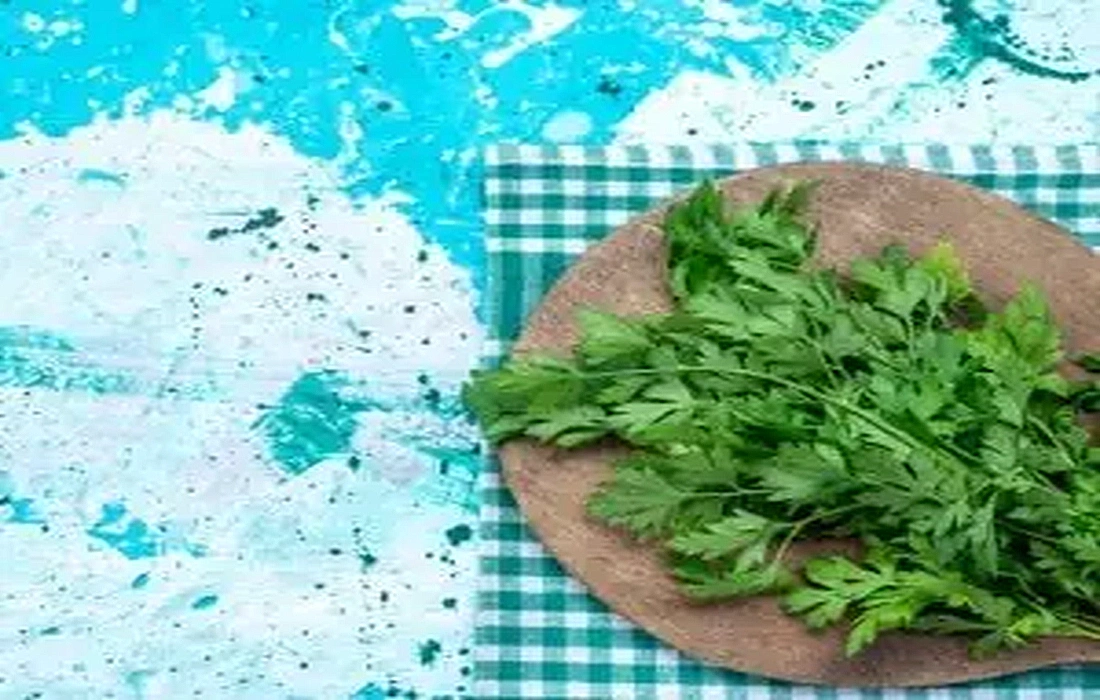Examining the Benefits of Plantain and its Difference from Banana
Have you ever noticed after eating a banana that its texture feels different from your previous experiences, causing digestive issues? You may have mistakenly bought plantain instead of a banana from the store. Plantain, which is most commonly known asbananais grown and harvested in warm climate regions.
The plantain tree grows rapidly with rectangular and paddle-shaped leaves that can reach up to 8 feet in length. It doesn’t bear fruit in the first two or three years, only blooming yellow flowers with red and purple leaves.
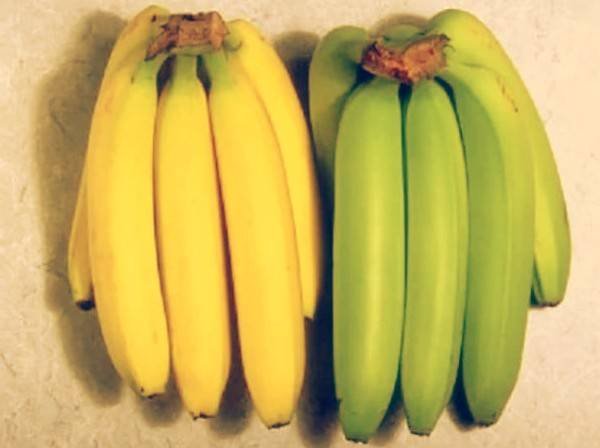
Nutritional Value of Plantain
Plantain is an excellent sourceof potassium, fiber, vitamins A, B2, B6, and C. It also contains:
-
10.62% water
-
3.55% albuminoids
-
1.15% fat
-
81.67% carbohydrates
-
1.15% fiber
-
0.26% phosphate
-
1.60% sugar.
Benefits of Plantainfor Body Health
Plantain, in addition to its anti-inflammatory and antimicrobial properties, prevents infections. In this section of health and wellnessSelMagzwe will delve deeper into the benefits of plantain and familiarize you with the difference between plantain and banana.
Potassium Source:
A cup of plantain provides 913 mg of potassium, which is 20% of the daily recommended amount. A deficiency in potassium affects the performance of various organs and skeletal muscle contractions, and it also helps regulate blood pressure by fighting the harmful effects of sodium. A potassium-rich diet can reduce the risk ofosteoporosis,strokeand kidney diseases.
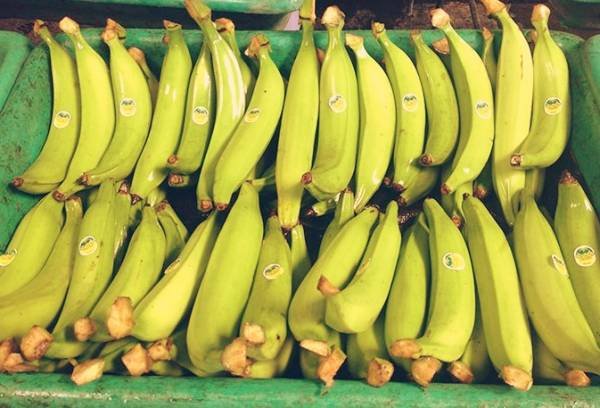
Gut Health:
Fiber plays a crucial role in gut health. By consumingfiber-rich foodslike plantain, you can meet your daily fiber needs. Eating plantains helps relieve constipation,hemorrhoidsand digestive problems likediverticulitis.
Additionally, fiber promotes a feeling of fullness, aiding in weight control. Increasing fiber-rich foods in the diet can lead toweight lossin overweight individuals. Soluble fiber helpslower cholesteroland alsoblood pressureand prevents the onset of heart diseases, stabilizingblood sugar levels.
Eliminating Free Radicals:
Free radicals are formed during food breakdown by the body or exposure to harmful elements like radiation or tobacco smoke, leading to many diseases andpremature aging. Vitamin C acts as an antioxidant, combating free radical damage. More than 35% of vitamin C is supplied daily through plantain consumption.
The body cannot produce or store vitamin C independently, so daily intake is crucial. Vitamin C is one of the essential vitamins for the growth and repair of body tissues. It is significant in forming proteins, tendons, skin, blood vessels, and ligaments and protects bones, cartilage, and teeth.
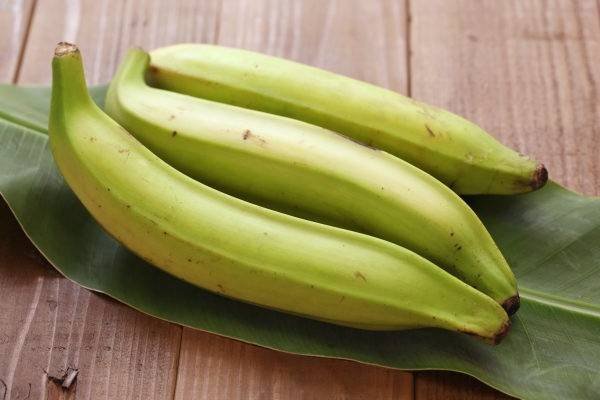
Boosting Immune System:
Vitamin A is another powerful antioxidant that offers numerous health benefits. Plantain provides 36% of the daily vitamin A requirement. Vitamins C and A strengthen the immune system and help prevent diseases. Vitamin A is essential for wound healing and cell growth, improving skin health.
Due to its antioxidant properties, vitamin A neutralizes free radicals and prevents inflammation caused by overactive cell responses. It also promotesvision enhancement.
SourceMagnesium:
Magnesium influences over 300 biochemical reactions in the body. It aids in blood pressure regulation, prevents osteoporosis, and promotes overall health. Plantain helps reduce the risk oftype 2 diabetesand is beneficial in treatingdepression,insomniaand migraine headaches.
Improvingulcers:People using non-steroidal anti-inflammatory drugs for chronic pain and
rheumatoid arthritisare highly prone to ulcers. These individuals can improve their ulcers by consuming plantain.Relieving Respiratory Issues:
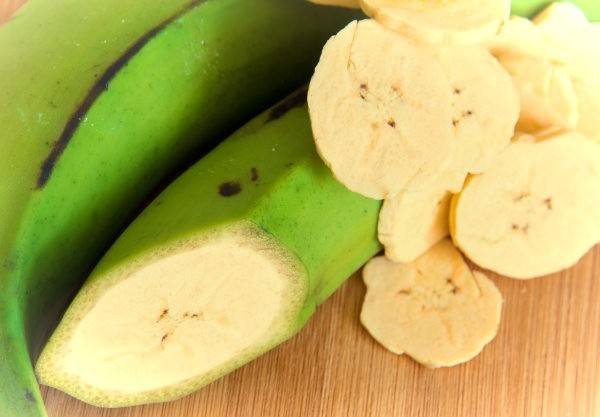
Plantain, due to its disinfectant properties, reduces mucus production in the respiratory tract and is effective in treating colds,
cold,sinusitis, allergic lung conditions, and bronchial issues like asthma and fever, tonsillitis,sore throatandcoughingproblems.Lowering Cholesterol:
200 grams of plantain supplies the necessary 5 grams of protein, making it a suitable option for lowering cholesterol levels, preventing obesity, and diseases related to
type 2 diabetesand cancer.What is the Difference Between Banana and Plantain?
As noted in this health section of SelMagz, plantains are part of the banana family but have more starch and less sugar, meaning that when they ripen, they remain green. If you buy them when overly ripe, they will start to turn yellow or black. Banana is considered a great snack and is eaten raw, but plantain is typically not eaten raw due to
high starchcontent.Banana is usually used for desserts and cakes due to its sweet taste. In comparison to banana, plantain can be used in various food preparations due to its lower sugar content.
Plantain has diverse culinary uses at every stage of its growth. Unlike bananas, which are eaten raw, plantains must be cooked. Complete cooking, frying, and making
chipsare various cooking applications of plantain.Which is Healthier: Banana or Plantain?
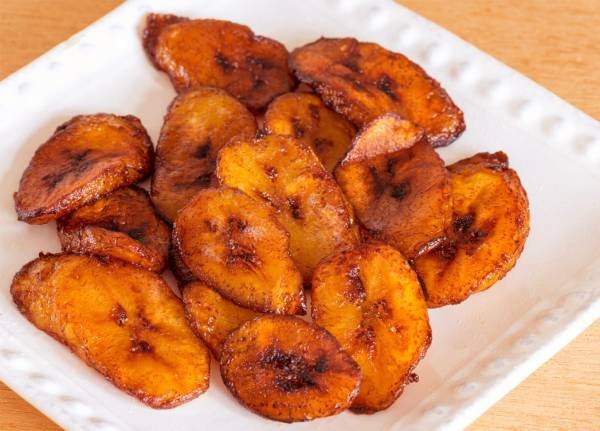
Both bananas and plantains contain nutrients that are beneficial for body health, making it difficult to choose one over the other. Both plantains and bananas are carbohydrate-rich, which can increase blood sugar levels, especially bananas, as their carbohydrates predominantly consist of sugar. Therefore, individuals concerned about blood sugar should be cautious with both.
Plantain and Banana



